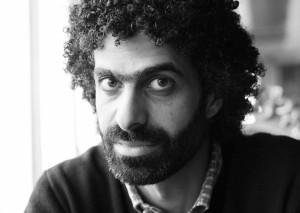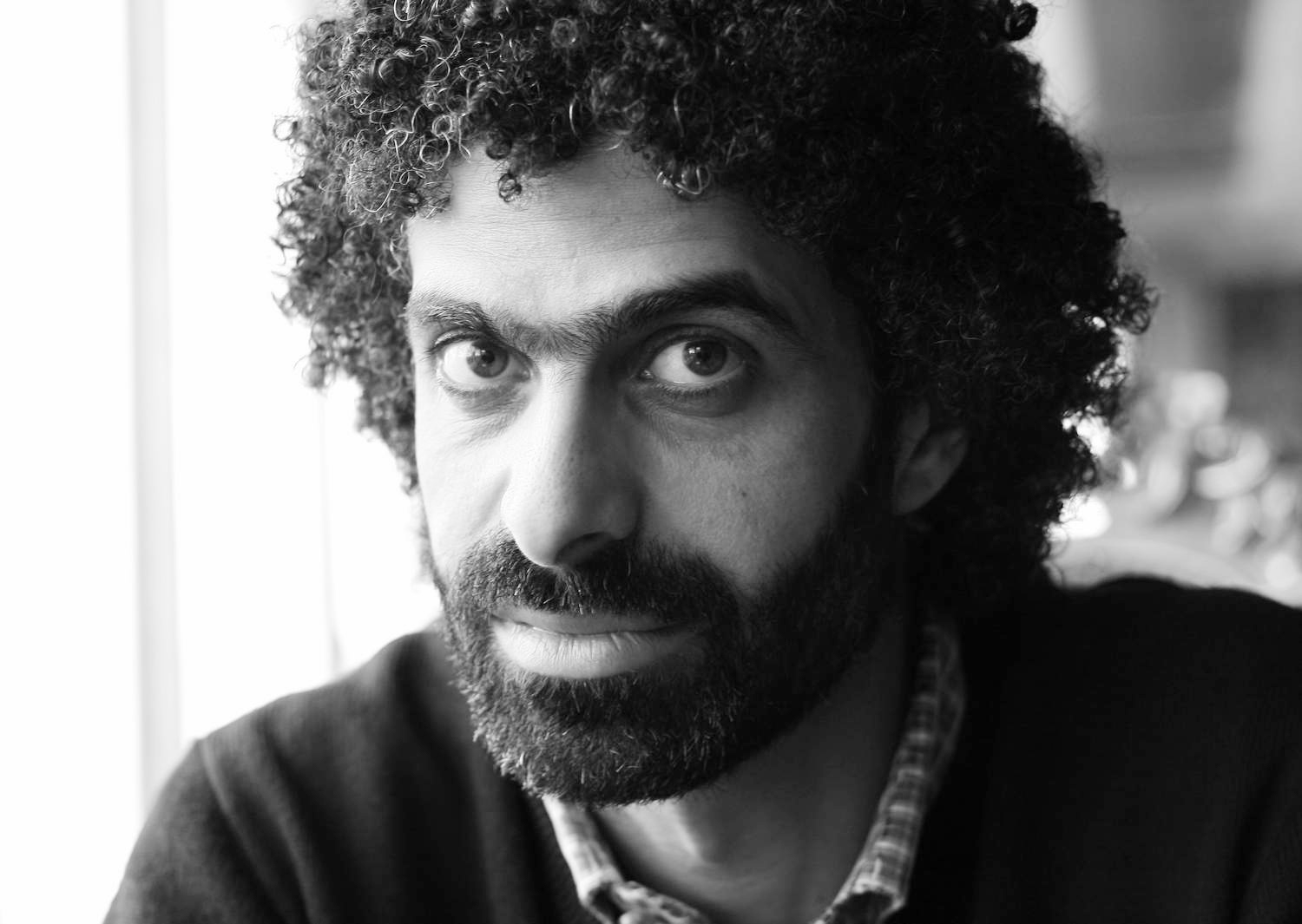
Theoretically speaking, we could argue that the one month President Mohamed Morsy has spent in office is not enough to judge his performance as Egypt’s first leader after the revolution. However, practically speaking, it seems enough.
Given a few facts regarding Morsy’s attainment of the presidency, we can understand feelings of anger among the electorate, at least on the part of those dreaming of real change.
Morsy was elected by a combination of both voters who believed in what he represents politically and religiously, and those who simply found no other choice in their fight to keep the generals’ candidate, Ahmed Shafiq, out of power. Probably most of the votes Morsy received were from those who simply wanted to mark a historical change within the country’s politics from military to civilian, but not necessarily keen to have the Muslim Brotherhood officially in power.
We can harshly criticise Morsy for making promises that won’t be kept. There are two things in particular to remember from right after his presidential victory. The first is he confirmed the implementation of the Brotherhood’s Nahda (renaissance) project, the 100-day plan, and then made a fiery speech and oath in front of the people gathered in Tahrir Square – symbol of the revolution – in which he promised to meet almost all revolutionary demands and to claim all his presidential powers.
The second is how the people back then on that historical Friday, regardless of ideological backgrounds, decided to back him, to support their first freely-elected civilian president in his fight for civilian powers.
They maturely realised that this fight would not only be against the military or Mubarak’s remnants fighting for survival; they knew it would also be against the opaque structure of the Muslim Brotherhood itself, and the notion of having an unelected and unaccountable ‘guide’ lurking somewhere in the shadows, deciding the country’s political agenda.
With his crystal clear promises, Morsy definitely sounded like a man of his own decisions. Alas, the past month has already shown that he is unable to meet any of the people’s expectations – or even his own expectations – as to what he can accomplish.
It was disturbing to see President Morsy at military academy graduations almost every day, while the chaotic political situation and power vacuum within Egypt severely shook the people’s confidence in their new president. It seems to be very difficult for him, with his almost frozen presidential powers, to take any significant decisions bringing change to the country’s political or administrative spheres.
Instead, he came up with an NGO-style project called “A Clean Home,” which engaged participants drawn from the Brotherhood’s youth arm and some other religious groups trying cosmetically to keep the president’s image unblemished. Unfortunately, they all seemed to forget that the goals of such a ‘nice’ project are all supposedly fundamental principles of the roles of a functioning government, which he has so far failed to bring together.
The choice of prime minister and cabinet is another issue that sent out strong signals regarding Morsy’s inability to meet his own promises as president. With all respect to Hesham Qandil and his recently-appointed cabinet, I believe that those who sacrificed their lives and their eyes in the thousands did not go through what they did just to end up with a bunch of powerless bureaucrats in government.
This all fuels the exact kind of fear that many people have of the Muslim Brotherhood, as a political group fond of compromises and incapable of leading change, due to their need to protect gained political positions.
Yes, it is only one month. But observations of Morsy’s very short period in “power” indicate that even one year would not make a big difference. Simply, he has proved to the people that he is a “good brother,” a very good brother.




